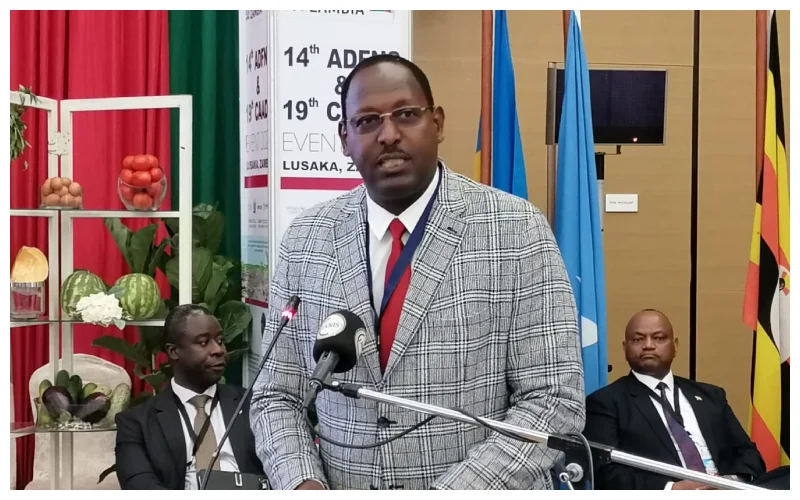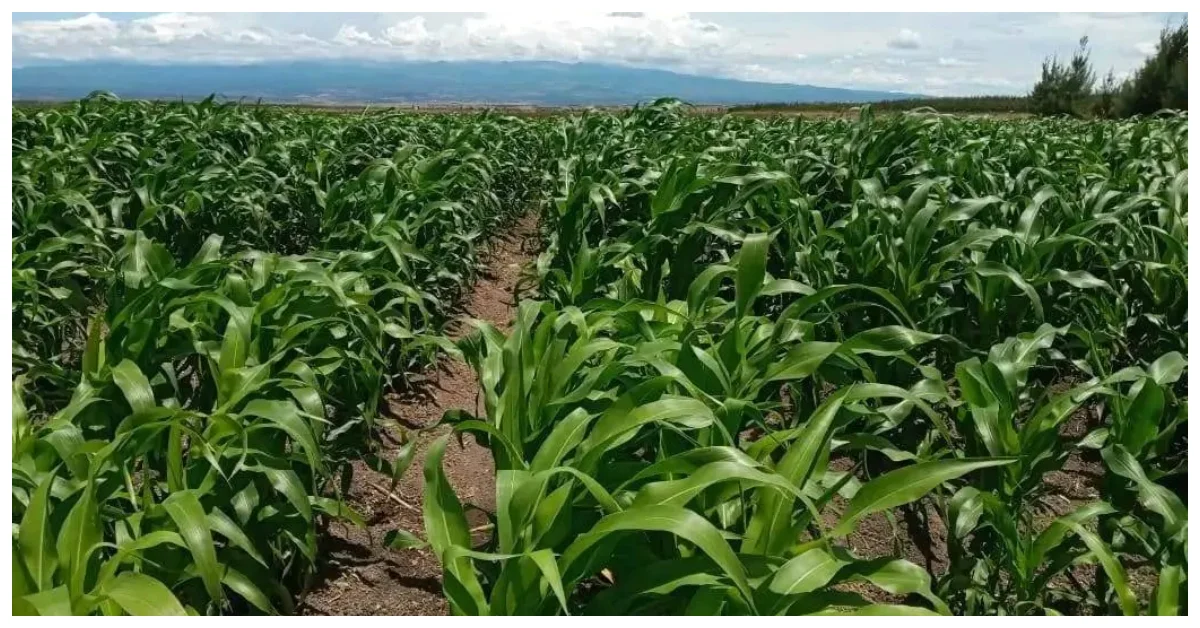Kenya’s plan to lease land in Zambia for maize production has received conditional support from parliament, seven months after expressing interest. The Parliamentary Agriculture Committee has endorsed the idea, deeming it achievable only if the government collaborates with the private sector instead of pursuing it alone.
Committee Chairman John Mutunga emphasized the government’s role as a facilitator in maize production, suggesting that the private sector’s involvement is crucial. Mutunga proposed allowing private sector leasing of land, asserting that this approach would contribute to local production and ease potential shortages.

“Even locally the government is a facilitator in maize production and thus cannot purport to undertake production of the same in Zambia. The best option is to allow private sector lease and seek the produce locally to ease shortage at any given time,” stated John Mutunga.
Agriculture Cabinet Secretary Mithika Linturi confirmed the government’s commitment to the plan, stating ongoing efforts to structure the arrangement effectively. Linturi highlighted a recent presentation by Zambian authorities, confirming the permissibility of foreign entities leasing land for maize cultivation as per a report by People Daily.
Read Also: Hungry for Maize: Kenyans storm Naivas for Ksh 100 maize flour
Mutunga emphasized Zambia’s untapped, fertile land and low population as a golden opportunity for Kenya to augment its food production, noting the lower cost of production in Zambia compared to Kenya.
The initiative gained momentum in March when Kenya secured a deal with Zambia, acquiring 20,000 hectares of land for large-scale maize cultivation. The objective is to allocate this land to Kenyan farmers for crop cultivation destined for export back to Kenya, addressing climate-induced challenges, particularly drought.
Subscribe to our YouTube channel Switch TV
Agriculture Principal Secretary Kello Harsama explained that the government’s consideration of the deal was prompted by the severe impact of drought, necessitating innovative solutions. The Memorandum of Understanding (MoU) signed in Lusaka aims to fortify food security by granting Kenyan farmers permits to cultivate maize in Zambia for domestic consumption.
















